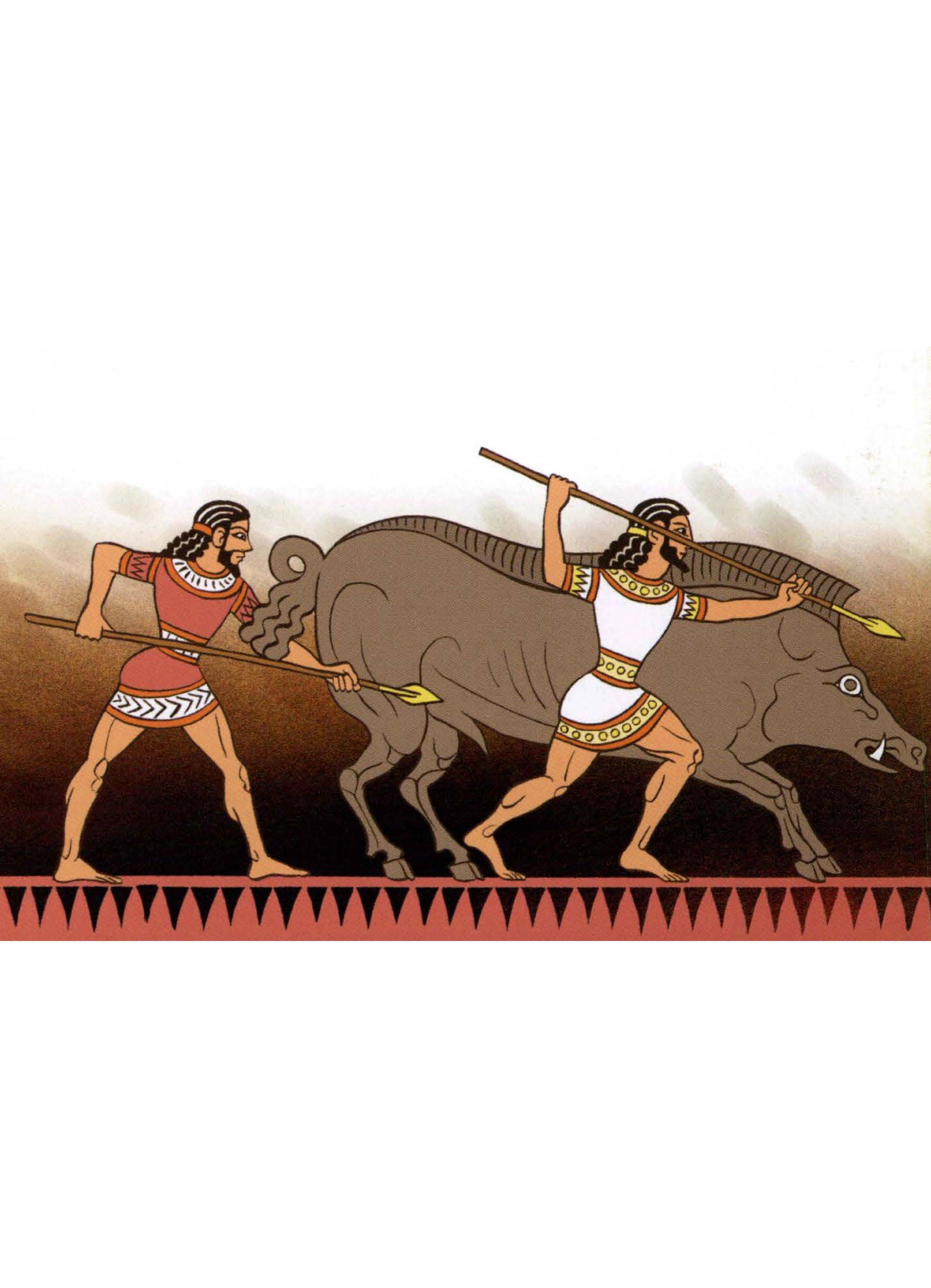Castor and Pollux
Publié le 17/01/2022
Extrait du document

("The Heavenly Twins")
Greek and Roman The twin gods known to the
Greeks and Romans as the Dioscuri (Sons of Zeus).
The story of these brothers began in Greece,
where Pollux was known as Polydeuces, and where
they are the subjects of many popular stories. The
Romans, as they became familiar with the twins,
developed a strong liking for these two characters.
Castor, as a warrior and horseman, and Pollux,
as a boxer, represented traits important to the
Romans, who eventually created a powerful empire
throughout much of Europe and the Mediterranean
region.
One Roman story tells of people seeing the twins
riding on magnificent white horses and fighting on
the side of Rome in the battle at Lake Regillus (496
b.c.), although this was after Zeus had made them
immortal and placed them in the heavens as the
constellation Gemini. They disappeared from the
battlefield as mysteriously as they had arrived.
In a story dating from 300 years later, they
are said to have appeared on their horses and
announced to a citizen on a road in Rome the
victory of a Roman commander fighting across the
sea in Macedonia, north of Greece, on the day of
the battle. Again, the twins disappeared from the
roadside, though their message proved, days later,
to have been true.
Romans celebrated the twins on July 15 and built
splendid temples in their honor.
Liens utiles
- Dioscuri (Sons of Zeus) Greek A title used in Greek and Roman mythology for the twin brothers Castor and Polydeuces, whose Roman name was Pollux.
- From Bulfinch's Mythology: Castor and Pollux - anthology.
- CASTOR ET POLLUX (résumé & analyse)
- Pollux, dans la mythologie grecque, fils de Zeus et de Léda (alors femme deTyndare), frère d'Hélène, de Clytemnestre et de Castor, son jumeau.
- Castor et Pollux - mythologie.































